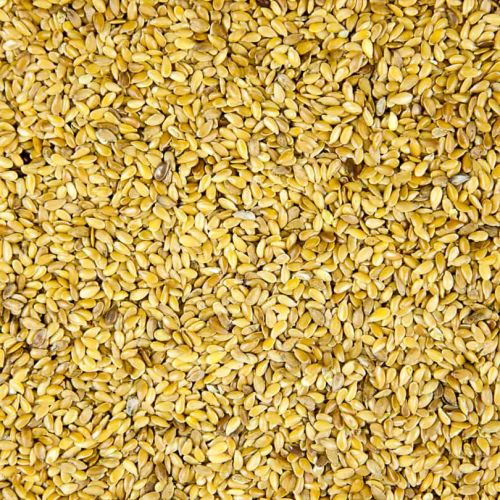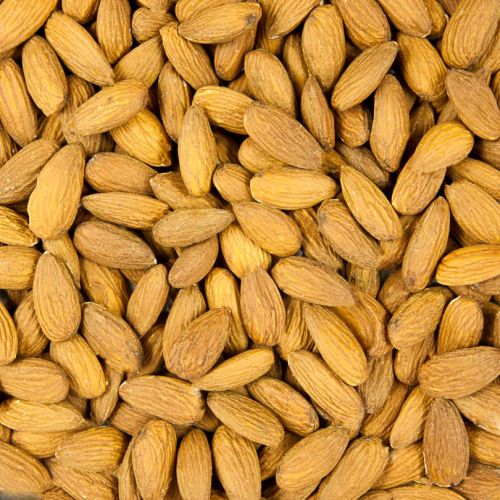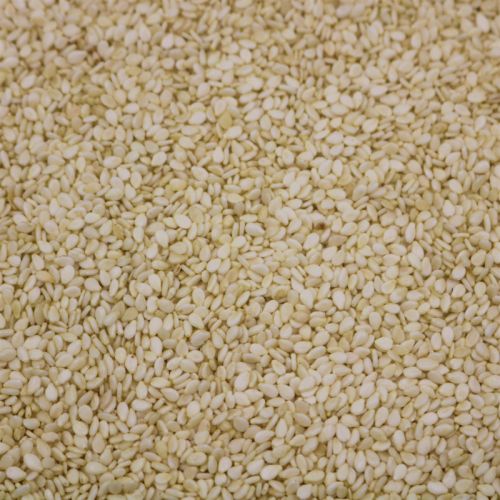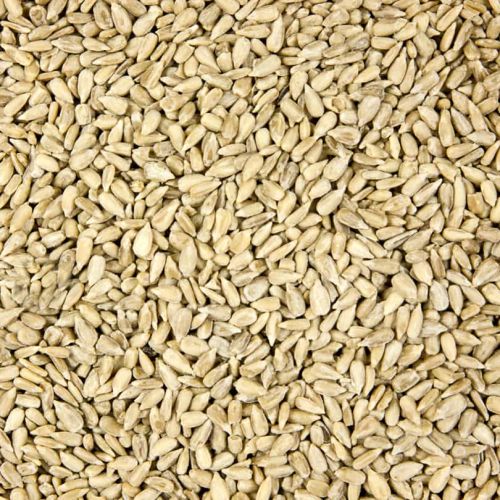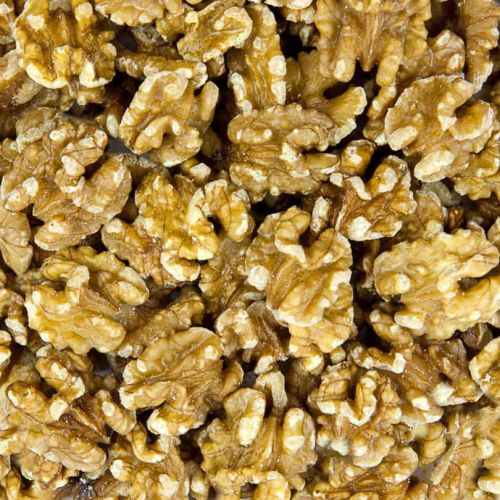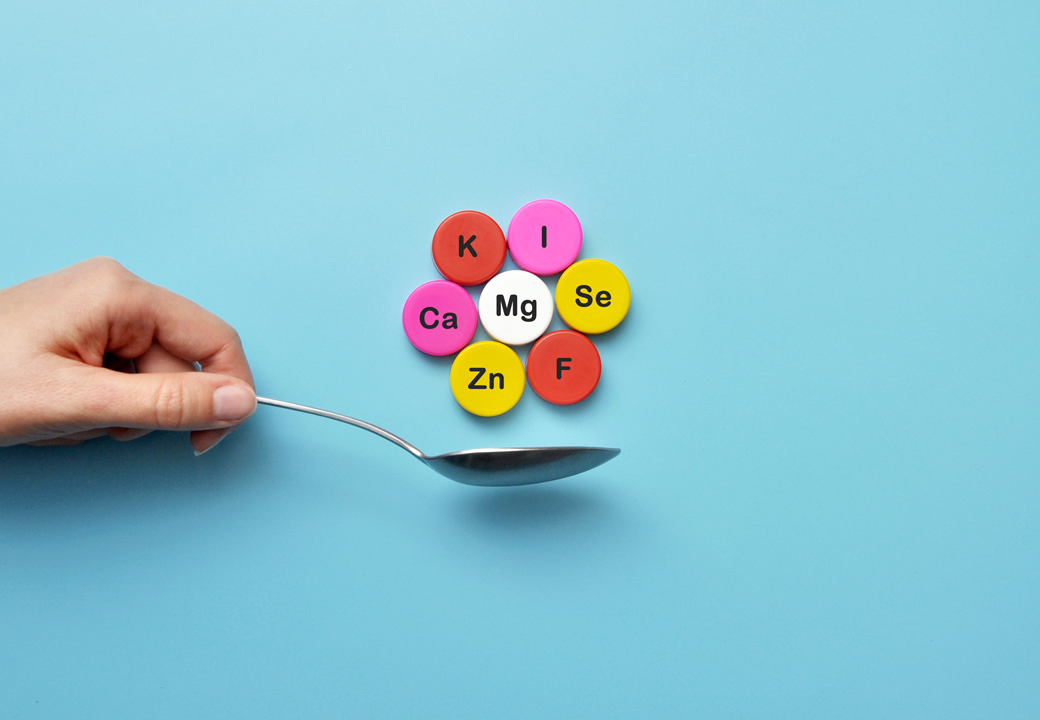
Photo Credit: "© [Insta_Photos] / Adobe Stock
How what you eat may ease symptoms
A new study has shown that diet may play a significant role in counteracting the effect of the menopause on women’s metabolism.
Nutrition experts Zoe have found that menopause leads to major metabolic changes which accounts for excess weight and a higher risk of heart disease. Many women can also experience hot flushes, difficulty sleeping and brain fog.
The New research published in eBioMedicine, part of The Lancet, highlights the impact of the menopause on metabolism.
The menopause is a natural transition for women at the end of the reproductive stage of their lives and is confirmed 12 months after their last period. However, uncomfortable symptoms associated with the end of the menstrual cycle can last for several years.
These hormone changes can also lead to reduced bone density and increased risk of fractures.
Taking stock of dietary habits and looking for new ways to support the body’s functions at this time in a woman’s life is essential, according to the study, the largest carried out to date.
Dr Sarah Berry, an associate professor in nutritional sciences at King’s College London and Lead Nutritional Scientist at ZOE, said: “Our research shows that menopause is a time of major metabolic upheaval, which can have a significant impact on long-term health.”
Dr Kate Bermingham, of King’s College and who also worked on the study, added: “Small diet and lifestyle changes have the potential to make a big difference to how women manage their symptoms and improve this transition.”
Nutritionist and author Jackie Lynch, whose book The Happy Menopause, Smart Nutrition to Help You Flourish details the science behind food and its impact on menopausal symptoms, added: “There are so many ways that diet and lifestyle can support a healthy and happy menopause, but a one-size-fits-all approach simply won’t work. The reality is that the symptoms of the menopause are many and varied and no two women have the same experience.”
A healthy diet, plus a good level of fitness and an ideal body weight, can help ease immediate symptoms and improve long term health. They can also reduce the risk of osteoporosis, heart disease and other conditions.
Eating regular meals with reduced starchy foods and more lean proteins, vegetables and whole foods has been shown to improve our overall wellbeing and may support menopausal good health.
Here we take a look at some diet-based tips which may support health during the menopause:
Calcium-Rich Foods
Calcium is an abundant mineral essential for strong bones and teeth plus a healthy heart and muscle function. With osteoporosis a risk due to decreasing bone density during later life for women, it may be advisable to have more calcium. In the USA the recommended dietary intake of calcium for women is 1,200mg from the age of 51 compared with just 1,000mg for men.
Foods that may help: Foods fortified with calcium, leafy green vegetables, soya drinks, milk, cheese, and other dairy products.
Vital Vitamin D
As hormone levels change during menopause, the heightened risk of osteoporosis makes vitamin D levels extremely important. Vitamin D is taken from sunlight by the body and helps regulate the amount of calcium and phosphate. The NHS recommends that everyone should consider taking a vitamin D supplement in winter. The Medical University of Graz, Austria, states that vitamin D studies “have found associations between low vitamin D levels and extraskeletal conditions”.
Foods that may help: Vitamin D supplements and foods fortified with this essential vitamin.
Eat Foods High In Phytoestrogens
Phytoestrogens are natural compounds in plant foods that can act in the same way as oestrogens produced in the body. Sometimes they are called dietary oestrogens and can work naturally to potentially ease hot flushes and promote heart health. Eating several plant oestrogens each day appears to be better than one larger dose.
Foods that may help: Flaxseeds, sunflower seeds, sesame seeds, almonds, walnuts, fruits, lentils, tofu, oats, barley, linseeds.
What the NHS says:
“Menopause and peri-menopause can cause symptoms such as anxiety, mood swings, brain fog, hot flushes and irregular periods.
This can have a big impact on life, including relationships and work. There are things you can do to help with symptoms. There are also medicines that can replace the missing hormones and help relieve symptoms.”
Fast Facts
10% of women leave their jobs due to the menopause and its symptoms 90% of women will experience menopausal symptoms
There are many approaches to menopause symptoms but a discussion with a trained health professional about the best way forward is advisable to access help and support.
For menopause help and advice please visit www.themenopausecharity.org
and www.nhs.uk
For more information please visit https://joinzoe.com/learn/menopause-metabolism-study
